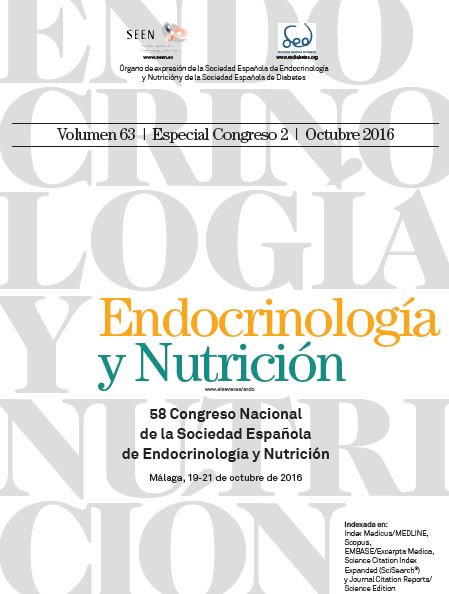417 - The effects of weight loss approaches on bone mineral density in adults: a systematic review and meta-analysis of randomized controlled trials
aDepartment of Community Nutrition. School of Nutritional Sciences and Dietetics. Tehran University of Medical Sciences. Irán. bDepartment of Human Nutrition. School of Public Health. Iran University of Medical Sciences. Irán.
Introduction: Findings are not consistent on the effect of weight loss on bone mineral density (BMD). We conducted a systematic review on the randomized controlled trials to assess the effect of weight loss strategies including calorie restriction and exercise programs on BMD in adults.
Methods: A structured and comprehensive search of MEDLINE and EMBASE databases was undertaken up to August 2015. Study-specific weighted mean differences (WMD) were pooled using a random-effects model. Subgroup analysis and meta-regression were used to find possible sources of between-study heterogeneity.
Results: Thirty randomized controlled trials met predetermined inclusion criteria. The meta-analysis revealed no significant difference on total BMD (WMD: 0.00, 95%CI: 0.00-0.01, p = 0.729) and lumbar spine BMD (WMD: 0.004 g/cm2, 95%CI: -0.004 to 0.013, p = 0.318) after weight loss program. In contrast, the pooled data of sixteen studies with 2,975 participants showed a significant effect of weight loss on hip BMD (WMD: -0.007, 95%CI: -0.012-0.002 g/cm2, p = 0.011). BMD in the hip site decreased after more than 4 months, especially in those who were obese. Moreover, exercise interventions during 4-9 months showed a significant increase in lumbar spine BMD.
Conclusions: Weight loss led to significant decreases at the hip but not at the total body or lumbar spine. Weight loss response following calorie-restriction and combination of calorie-restriction and exercise program resulted in a decrease in hip bone density; whereas an exercise-induced weight loss did not.





